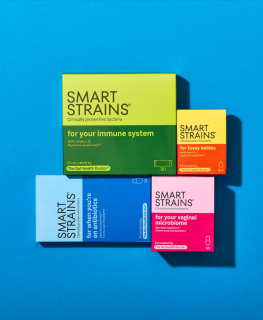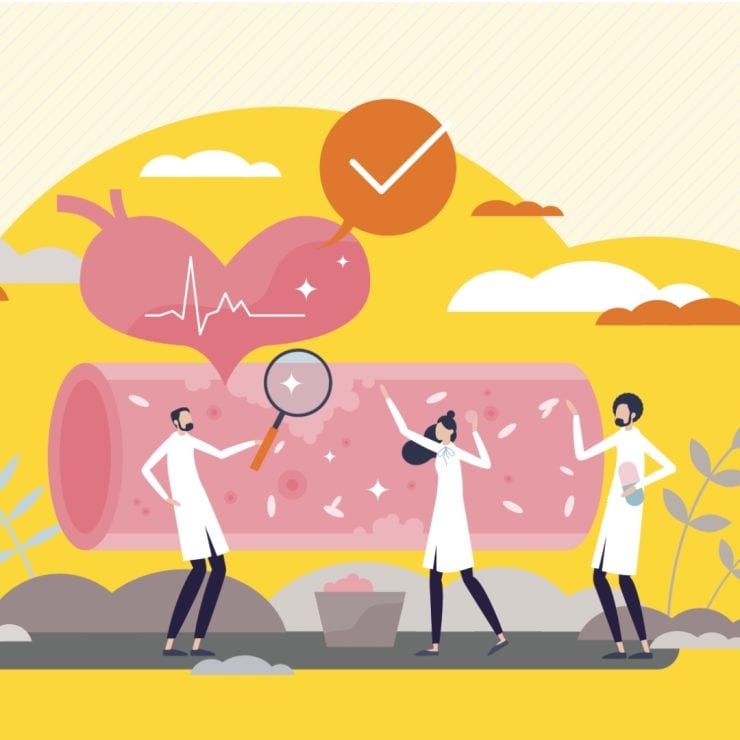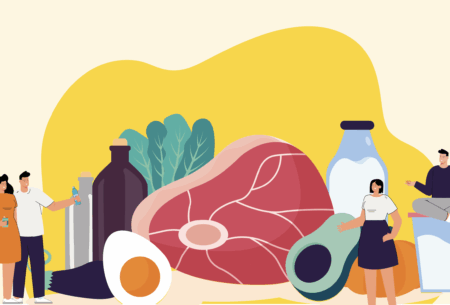You’ve probably heard a lot about cholesterol and its negative impact on cardiovascular health. There’s no question it can and does cause health problems. But did you know that cholesterol has some important benefits? With all the bad press surrounding it, this might come as a surprise.
For instance, it plays a critical role in building the structure of cell membranes, is necessary for vitamin D production, makes vital hormones and is a precursor to bile acid, which enables the breakdown of dietary fats as they move through the gut.
Bottom line is, we can’t survive without cholesterol but, equally, we don’t want it ‘running amok’. Making sure we maintain it at healthy levels is key.

















 iovascular health at risk, which is why keeping levels in check, particularly LDL cholesterol, should be high on your list of health priorities.
iovascular health at risk, which is why keeping levels in check, particularly LDL cholesterol, should be high on your list of health priorities.



